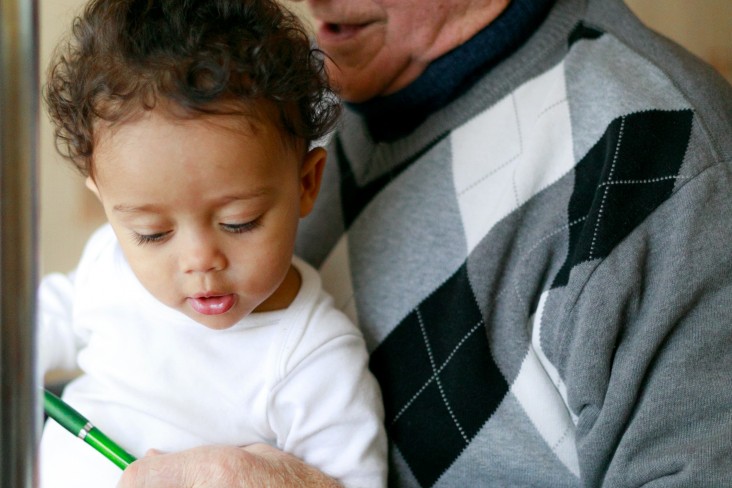What are our moral duties to our children?
As Kiwis, most of us understand we have a responsibility as parents to provide for our children. But what if our children are adults and financially independent?
As more parents take on the role of the ‘bank of mum and dad’ to help their children buy their first home or set up their own business, the question becomes even more relevant.
A child has a right to claim under a deceased’s parent estate and may apply to the court for additional support if they think they have not been adequately provided for.
In New Zealand, parents are not only ‘financially’ accountable, but they also have a duty to recognise the child as part of the wider family. To completely disinherit a child is frowned upon by the court unless there are special circumstances; for example, your child has distanced themself from the family.
A court will look at factors before deciding whether to award an amount to a child, or sometimes a larger amount if it is not happy with what your will provides. It will look at the size of the deceased’s estate; the age of the child and whether they are financially independent; as well as any other dependant beneficiaries like stepchildren.
The nature and extent of financial assistance given to the child during the parent’s lifetime will have weighting. As in the situation of the ‘bank of mum and dad’.
The relationship between the parent and the child is important too. If they were abused or not recognised by the parent and if the child was impacted by this in later life and it affected their ability to earn a living, the court may adjust the amount the parent left for that child or award them an amount if they were left nothing.
On the other side of the coin, the court would consider if the adult child neglected the parent. Did they leave home and have no contact with the parent or abuse them?
The court’s role is not to rewrite the will of the parent, but it must look at all circumstances in each case and then decide what is fair according to those circumstances, while also having regard to the law.
-
If your children are not treated equally in your will, make sure there’s an explanation or paper trail.
And what about grandchildren?
Depending on the situation, it can be a good idea to provide for your grandchildren directly if you want them to receive an amount, particularly if you’re estranged from the child’s parent.
Grandchildren can also claim from their grandparents’ deceased estate for maintenance and support.
In a recent Court of Appeal decision, a granddaughter was unsuccessful in claiming against her grandfather’s $7.4 million estate. Why? The important factors were this. The granddaughter was estranged from her grandfather and the grandfather had left money to his daughter (the granddaughter’s mother) and the mother in turn could provide for her own daughter.
-
Regularly review your will to make sure it still reflects your circumstances.
